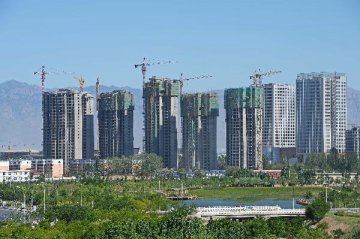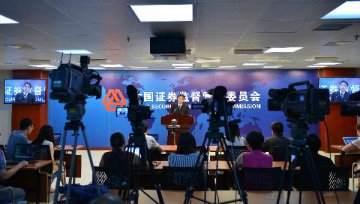
The U.S. Federal Reserve's decision to leave its zero interest-rate policy unchanged has given emerging economies, including China, some breathing room, but the Fed must stay cautious of the havoc a future rate hike could cause.
Fed Chair Janet Yellen announced they would keep borrowing costs at practically zero on Friday as the country faces 1.2-percent inflation, well below the Fed's optimal inflation target of 2 percent, and global economic uncertainty. Yellen said the U.S. economy continues to grow moderately and that a rate hike is still likely before the end of the year.
The U.S. job market is strong, with unemployment in August at a seven-year low of 5.1 percent, in the middle of the range considered full employment. Despite Friday's decision to hold the hike, it is widely believed a rate increase is on the cards.
The Fed will make a decision during their meetings in October and December. After years of low interest rates following the dark days of the 2008financial crisis, the prospect of a Fed rate hike has triggered turmoil in global markets. With the U.S. interest rate at ultra-low level, money flowed to emerging markets for higher returns.
However, as the U.S. economy has recovered, the expectation of an interest rate rise has prompted concerns of hefty capital outflows from emerging economies. Given the U.S. dollar's role as a universal currency, the Fed's rate hike will have a wide spillover effect.
Disruptive asset price shifts and financial market turmoil could lead to capital flow reversals in emerging economies and derail growth prospects.
Historical evidence shows that almost all major financial crises since 1980 occurred after the Fed tightened its monetary policy. Both the World Bank and the International Monetary Fund have urged the Fed to be cautious as it begins tightening the reins on credit.
The world will have to wait for another month, or possibly three months, to see if the Fed raises the rate. While now emerging markets can breathe a short sigh of relief, the time will inevitably come when the emerging markets must face the music and forge ahead with painstaking structural reforms to unlock economic vitality.





















Latest comments